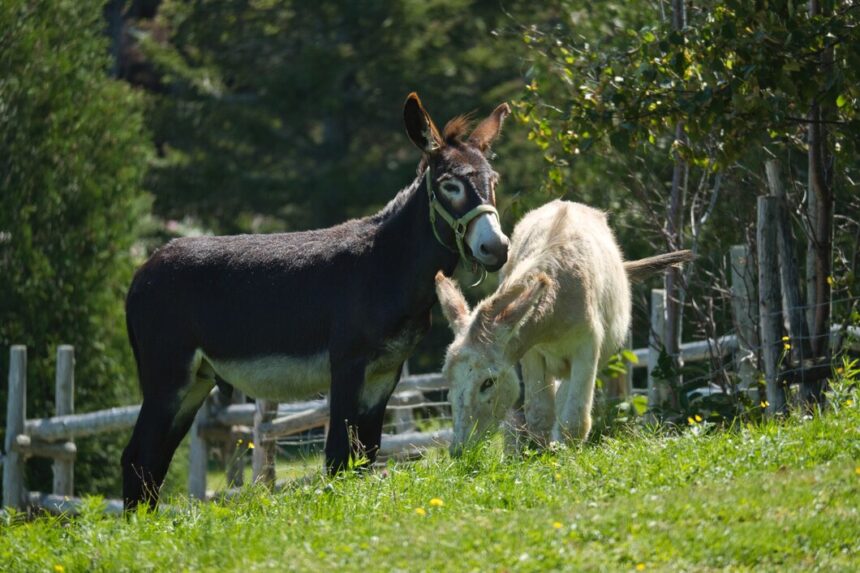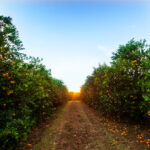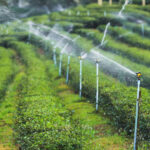In the vast tapestry of South African agriculture, where modern practices intertwine with tradition, donkeys emerge as valuable partners in fostering sustainable and efficient farming. These humble creatures, with their enduring strength and versatility, play a crucial role in various aspects of farm life. Let’s delve into the importance of having donkeys on your South African farm and how these steadfast companions contribute to the agricultural landscape.
1. Diligent Workers in Agriculture:
Donkeys have a long history of being reliable partners in agriculture. Their strength and endurance make them excellent candidates for pulling plows, carts, and other agricultural implements. In South Africa, where certain regions may have challenging terrains, donkeys offer a resilient and adaptable alternative to mechanized solutions.
2. Eco-Friendly and Sustainable Farming:
Donkeys are eco-friendly workers. Their hooves are gentler on the soil compared to heavy machinery, reducing soil compaction and erosion. This makes them particularly suitable for small-scale or organic farming practices where maintaining soil health is paramount.
3. Effective in Transportation:
In many South African rural areas, where infrastructure may be limited, donkeys are vital for transportation purposes. They can efficiently carry loads of crops, water, or other goods, providing a practical solution for moving essential items across the farm.
4. Guardians of Livestock:
Donkeys are known for their protective instincts. When integrated into a farm with livestock, they serve as vigilant guardians, helping to deter predators. Their presence can contribute to a safer environment for smaller animals like sheep or goats.
5. Low Maintenance Requirements:
Donkeys are renowned for their hardiness and ability to thrive with minimal maintenance. Their diet consists mainly of forage, making them cost-effective to feed. Additionally, donkeys are known for their resistance to certain diseases, requiring less veterinary care compared to some other farm animals.
6. Cultural Significance:
Donkeys hold cultural significance in many South African communities. They are often woven into the fabric of traditions and practices, symbolizing resilience, hard work, and a connection to the land. Incorporating donkeys into a farm can, therefore, be a nod to the rich cultural tapestry of the region.
7. Aid in Water Accessibility:
In arid regions where water accessibility is a challenge, donkeys can play a vital role. Their ability to navigate challenging terrains allows them to transport water to areas where it may be scarce, ensuring that both livestock and crops have the hydration they need.
8. Educational Opportunities:
Having donkeys on a farm can also present educational opportunities. They offer a hands-on and engaging way for farmers and their families to learn about animal husbandry, care, and the historical role of these animals in agriculture.
9. Supporting Small-Scale Farmers:
For small-scale farmers who may not have access to extensive machinery, donkeys become indispensable allies. Their versatility in various tasks, from plowing fields to transporting goods, supports the sustainability of smaller agricultural operations.
10. Fostering a Harmonious Farm Ecosystem:
Donkeys, with their calm demeanor, can contribute to a harmonious farm ecosystem. Their presence often creates a sense of calm among other animals, and their diligent work enhances the overall efficiency of farm operations.
The importance of having donkeys on a South African farm extends beyond their physical contributions. These humble creatures are emblematic of a sustainable and traditional approach to agriculture, offering a harmonious blend of modern farming practices with cultural significance. As South African farmers continue to navigate the complexities of their agricultural landscapes, donkeys stand as steadfast companions, embodying the strength and resilience needed to cultivate a thriving and sustainable farm.







